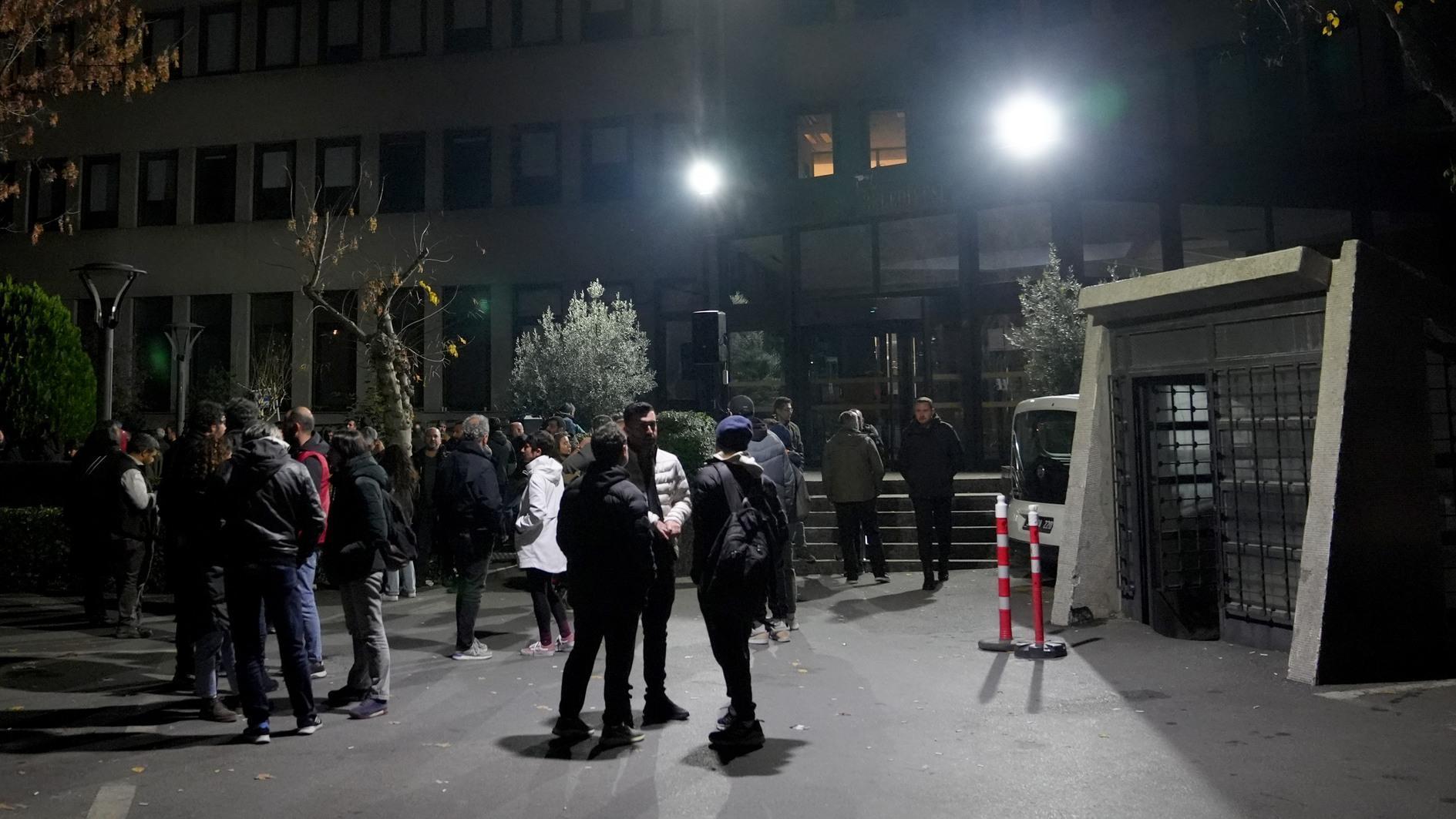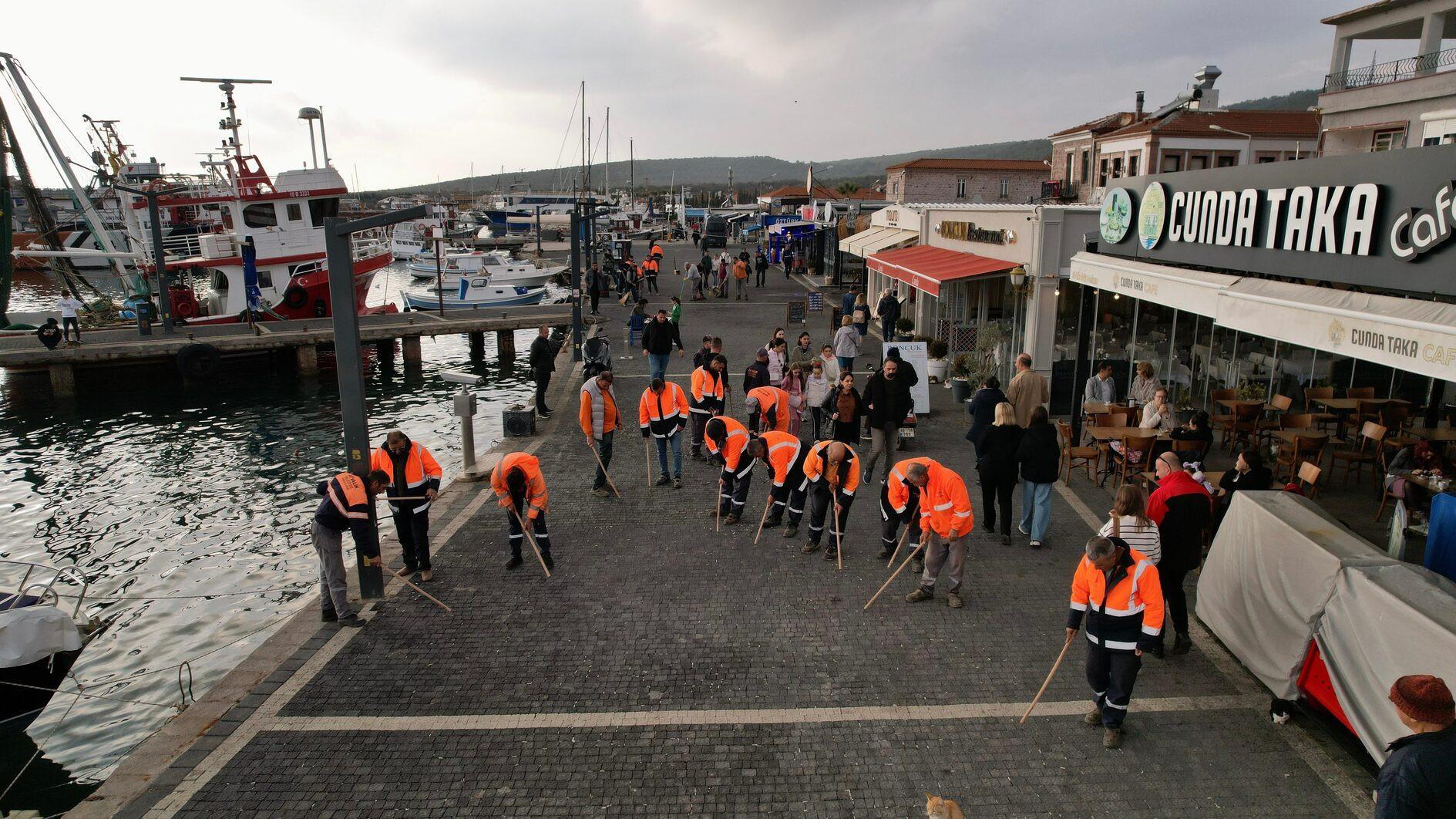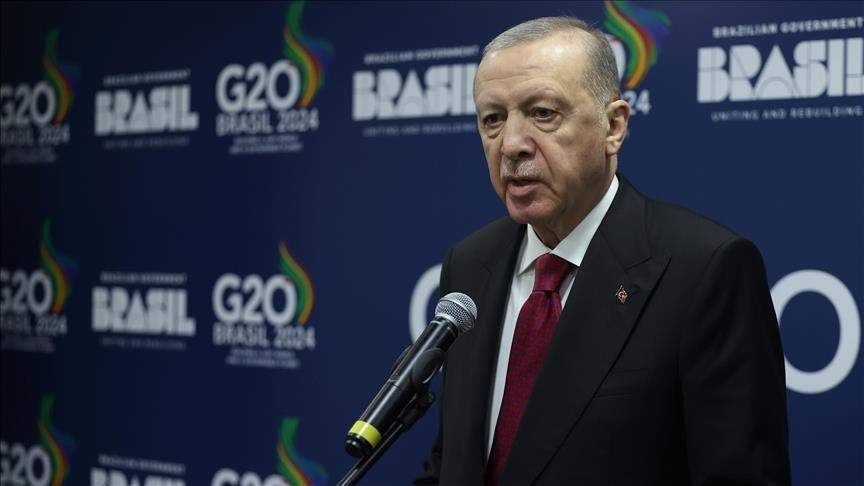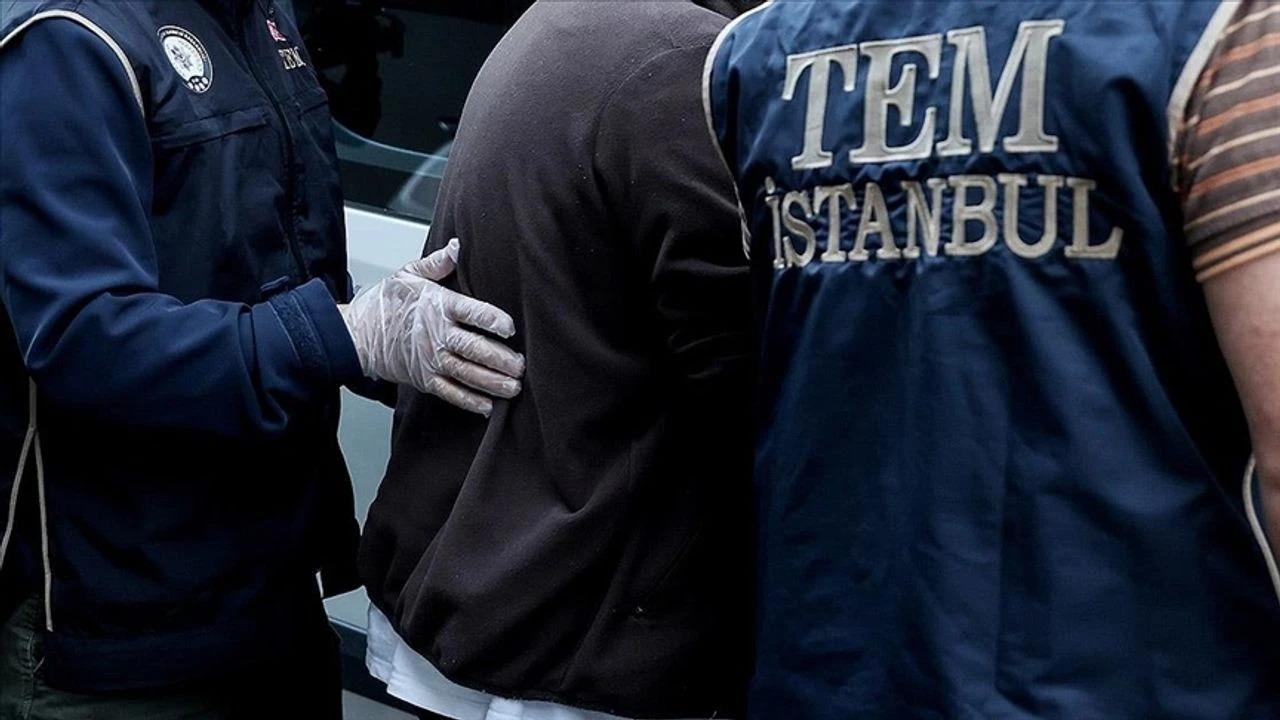The Syrian dilemma in Turkey’s foreign policy
Turkish ambassadors all around the world have gathered in Ankara under the direction of Foreign Minister Mevlüt Çavuşoğlu for their annual conference, with this year’s theme being “Crisis Management: Humanitarian Solutions.” The theme makes sense since Turkey is not only surrounded by but is also a part of the crisis in its region that is dictated by its geography, history and policy preferences. The conference is being held at a time when Turkish foreign policy is experiencing one of the rare times when one issue dominates all other crisis issues, that is, the Syria crisis.
Since mid-2011, after Syrian President Bashar al-Assad refused Ankara’s suggestion to listen to protesters agitated by the Arab Spring and go to free elections – which almost certainly would have been won by the Muslim Brotherhood if it had been conducted freely – the Justice and Development Party (AK Parti) government in Turkey has stretched the country’s traditional policies of non-interference, especially regarding its neighbors, taking an active stance against al-Assad’s Baathist regime there. Then-Prime Minister and current President Tayyip Erdoğan and then-Foreign Minister and current PM Ahmet Davutoğlu publicly announced that there could be no solution to the Syria crisis under al-Assad – a point that was shared by a number of Western governments including the United States, the United Kingdom and France – and opened up Turkey’s border to refugees (that was the humanitarian dimension which ended up with the arrival of 2 million Syrians so far) and gave active support to the armed Syrian opposition. Things started to go south in Syria after a Saudi-backed coup overthrew Mohamed Morsi’s Muslim Brotherhood government in Egypt and gave way to the rise of the al-Qaeda affiliate al-Nusra and the Islamic State of Iraq and Levant (ISIL), whose acceleration has gone beyond anyone’s control, ultimately eroding the powers of the other opposition forces.
With the inclusion of Iran and then Russia in the picture, especially after the downing of a Russian jet by Turkey, the picture became complicated further – and that is not even to mention the recent conflict between Saudi Arabia and Iran which has the potential to pour Sunni-Shiite fuel on the fire.
Ankara let its stance on the Syria crisis affect its relations with almost all partners in the region and beyond. For example, even the reactivation of the relations with the European Union is somehow tied to the Syrian refugee crisis and the closing of the Turkish-Syrian border, as the statements after the meeting of EU Minister Volkan Bozkır and Frans Timmermans, the EU’s vice president, in Ankara showed yesterday.
A similar situation could be argued for the Cyprus problem in the 1970s and 1980s where many other items in Turkish diplomacy were overshadowed by the Cypriot crisis.
It is possible to read between the lines of Çavuşoğlu’s speech on Jan. 11 in his opening speech of the conference that the Foreign Ministry is considering a modification of the current policy in accordance with changing circumstances. It would be in Turkey’s best interests to fine-tune its Syrian policies so as not to overshadow Turkey’s relations with third countries and parties.











